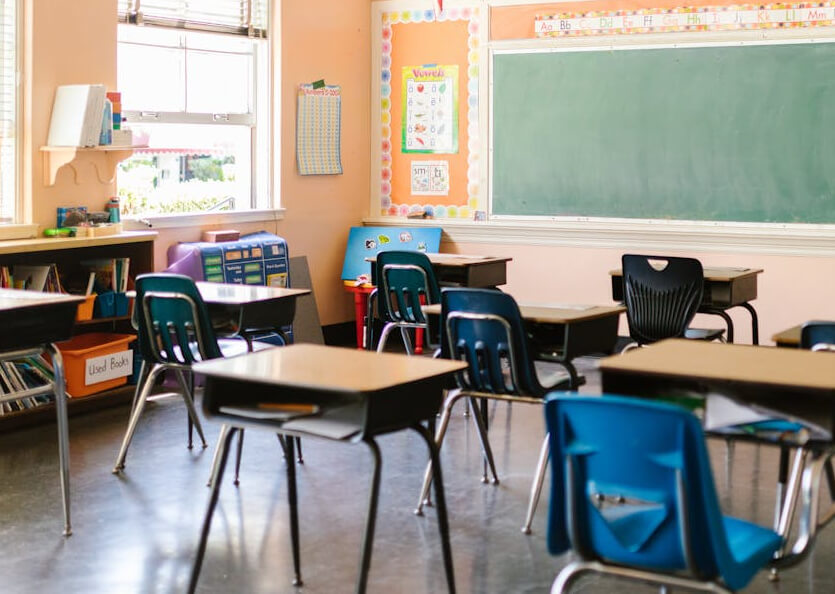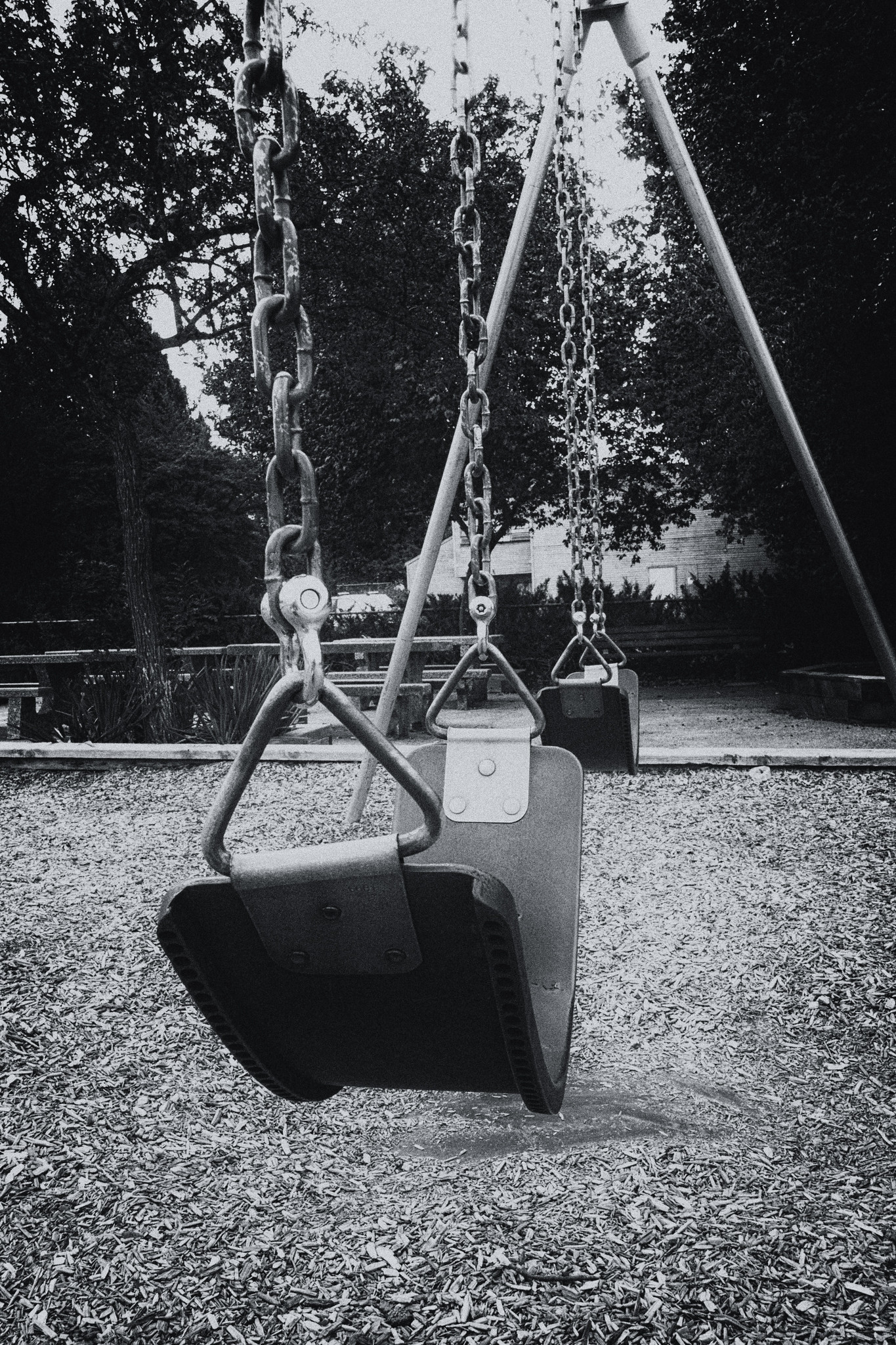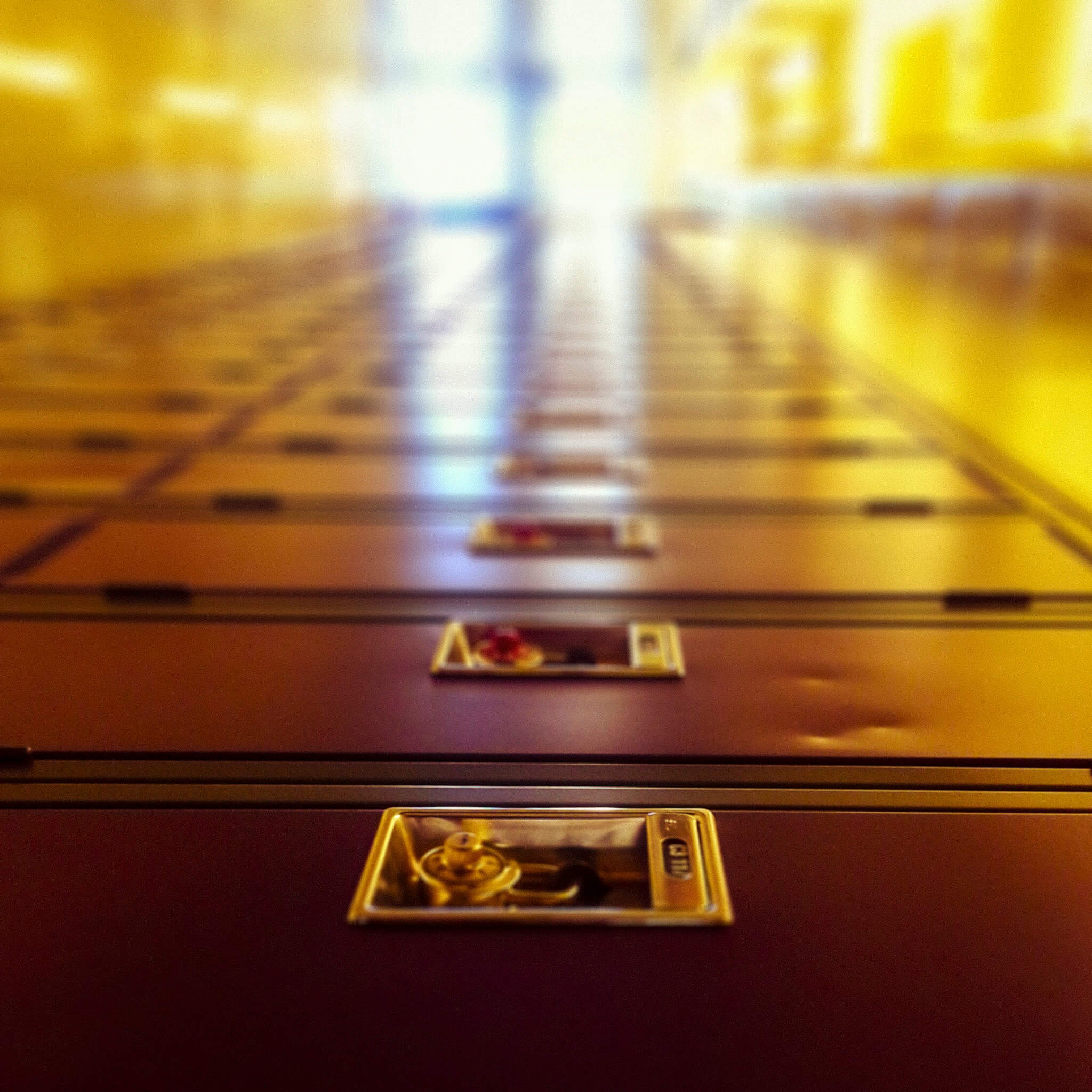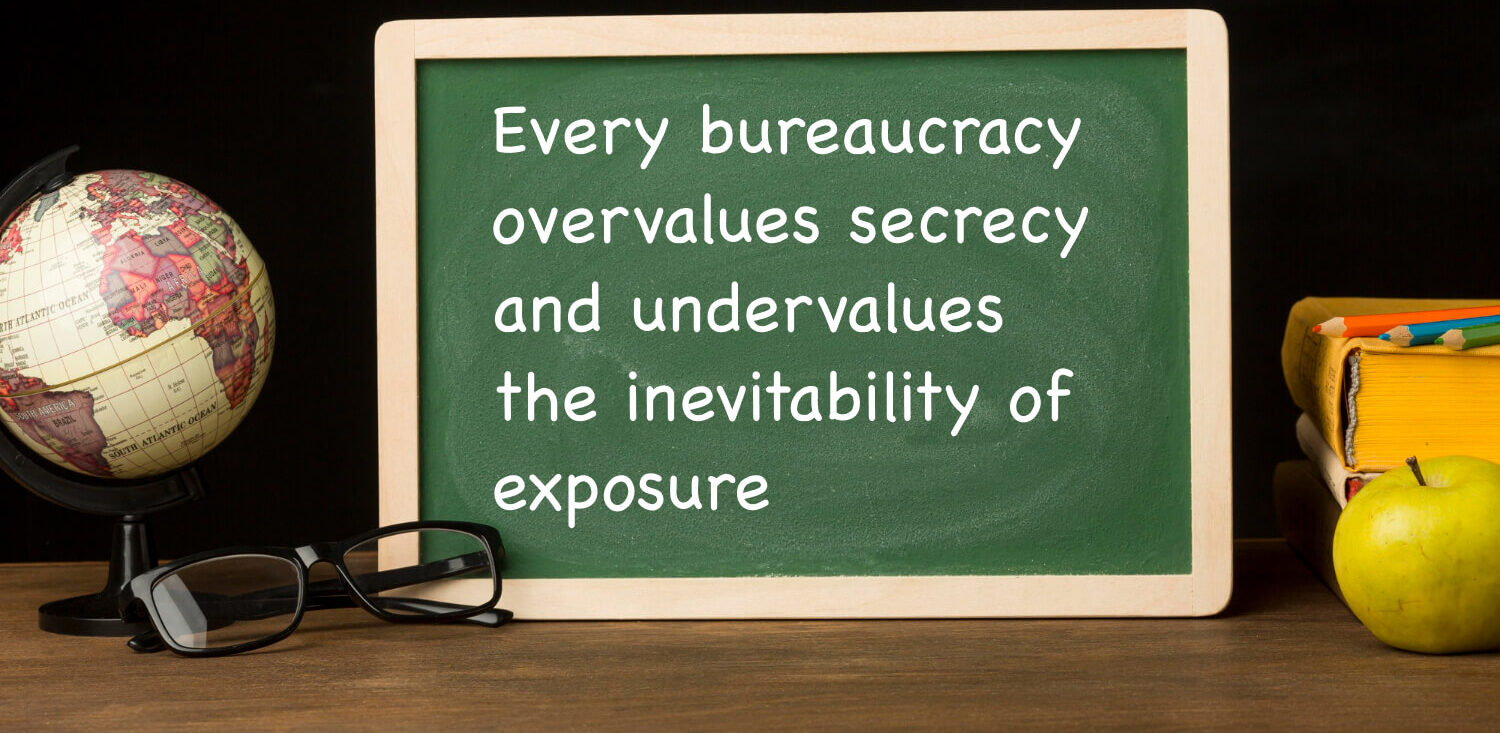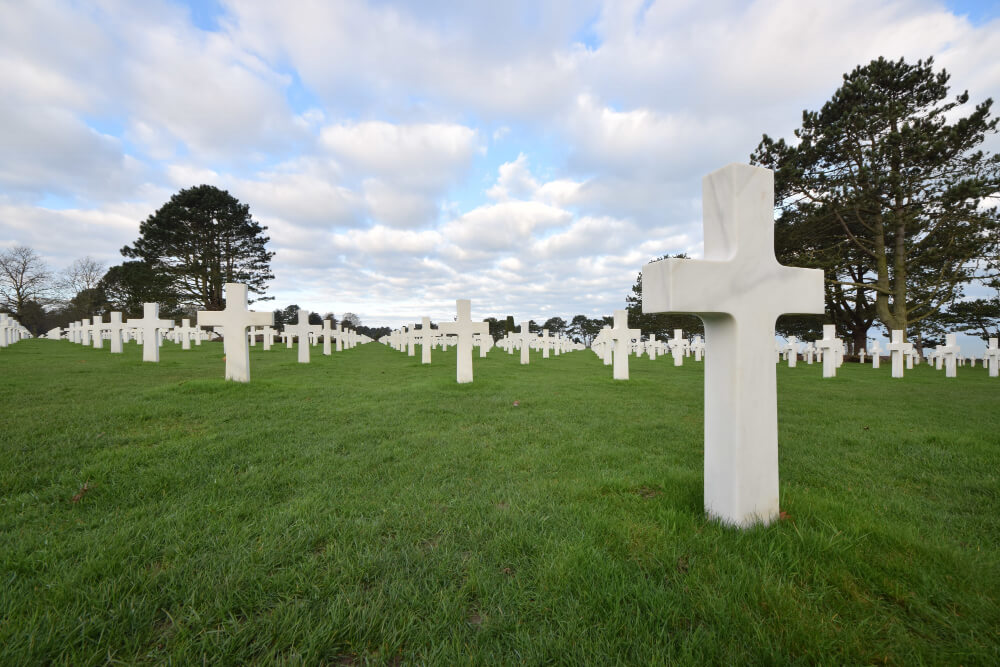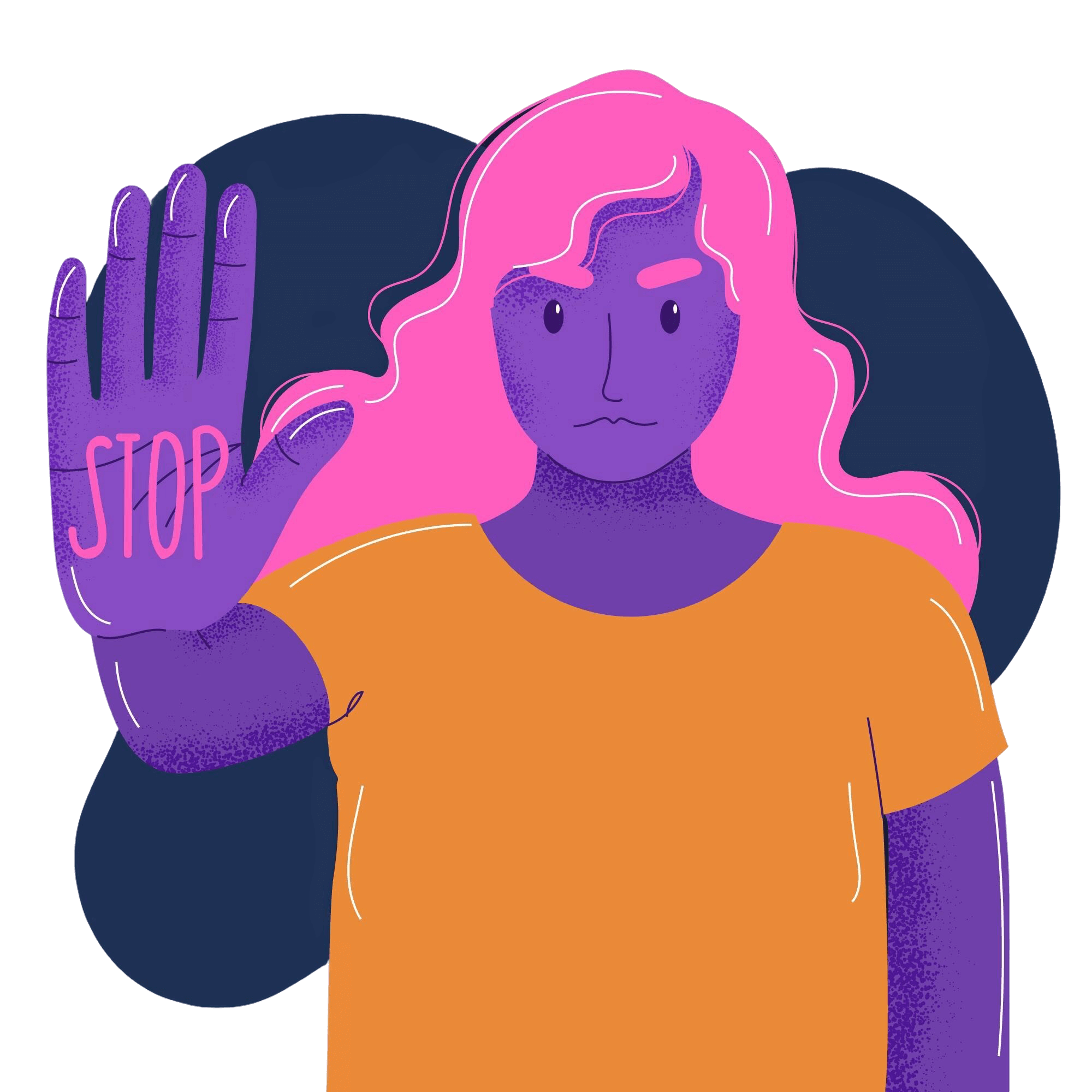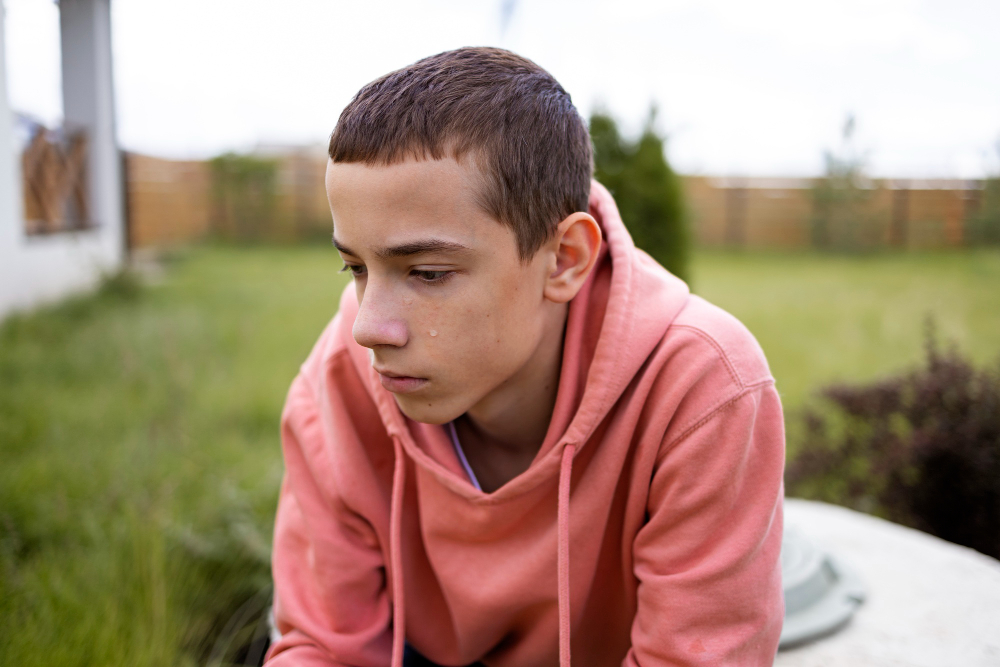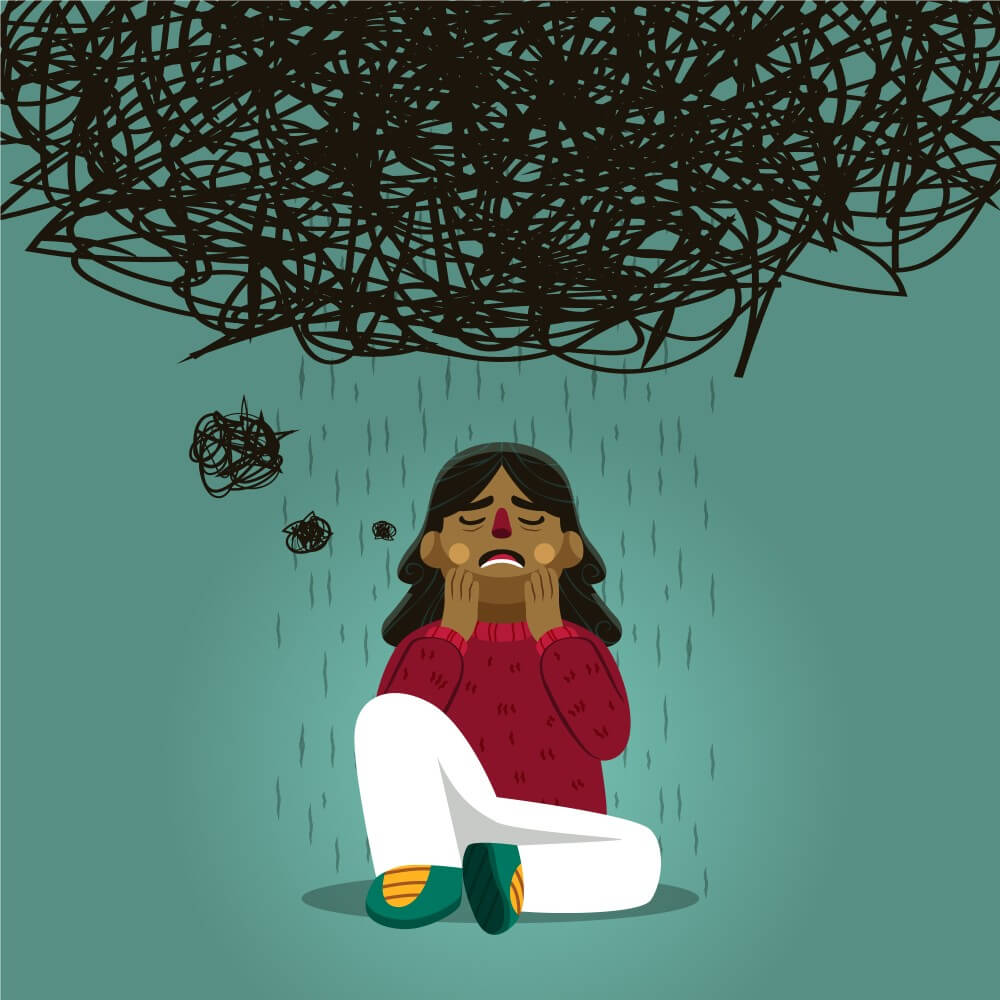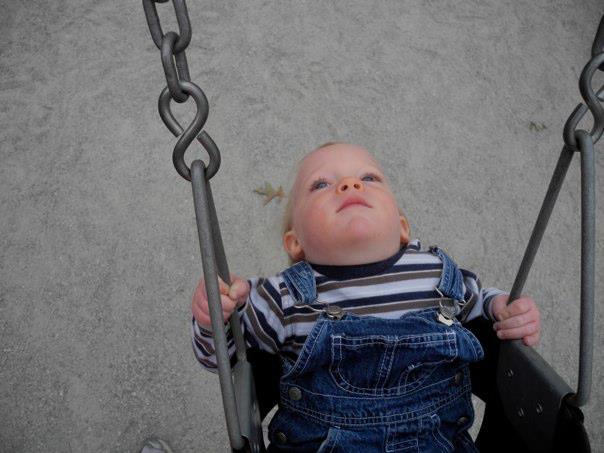In schools across British Columbia, decision makers hold extraordinary influence over the daily lives of children—setting codes of conduct, approving behaviour plans, allocating staff time, and interpreting what counts as safety, regulation, disruption, or belonging.
While educators may implement the strategies most visible to families, it is decision makers who define the parameters within which those strategies unfold: the policy language that obscures harm, the data systems that equate compliance with success, and the staffing ratios that guarantee unmet needs.
This page offers a point of entry for those willing to examine the foundations of school culture—not in defence of the status quo, but in recognition of its failure to uphold dignity, justice, or care.
Here you will find writing and resources that challenge the deeply held assumption that children must be controlled to be educated, that discomfort is a necessary rite of passage, and that exclusion is the natural outcome of disorder. These are not isolated missteps by individual teachers or misbehaving students. These are systemic failures engineered through scarcity logic, institutional ableism, and policy inertia—and they demand decision makers who are brave enough to choose a different path.
Resources
This section includes essays, frameworks, and practical tools to support school decision makers in building cultures of accountability, care, and inclusion. You will find analysis of codes of conduct, critiques of dominant behavioural paradigms, position papers on collective punishment, and writing that reveals the emotional and political costs of institutional harm. These resources are designed for superintendents, principals, vice-principals, district administrators, school trustees, policy drafters, and all others whose decisions shape the conditions under which students and educators attempt to survive.
Whether you are ready to act, unsure where to begin, or reckoning with past decisions, this is a place to listen, reflect, and rebuild.
-

How BC’s FESL enables ongoing exclusion of disabled children
-

The affective architecture of room clears
-

The architecture of absence data in Canada
-

Government funding for education fails to keep pace with known needs
-

Why the SD23 suspensions report matters for exclusion analysis
-

Why disabled kids are missing more school than peers
-

Why I’m tracking exclusions no one else is measuring
-

Partial exclusion, full harm
-

SD83 publicly acknowledges Ombudsperson investigation and releases updated exclusion procedure
-

A data story from Southeast Kootenay District
-

District exclusion reasons
-

The New Westminster submission to the Ombudsperson
-

How do we get out of this mess?
-

The architecture of responsibility in systems that harm
-

Every bureaucracy overvalues secrecy and undervalues the inevitability of exposure
-

What the BC government wants us to see: data and public education
-

The ethics of counting crisis
-

BCEdAccess on Room Clear Tracker
-

Counting the wounded: how complaint systems and data bureaucracies erase harm
-

Counting crisis: data, distrust, and the false choice between safety and inclusion
-

Too afraid to see: why the BC government doesn’t track exclusion
-

Controversy over Room Clear Tracker
-

Surrey parents launch classroom crisis tracking tool
-

Our goals are not the same: ableism in bc public school
-

Cultural bias and collective punishment: why school systems resist feedback
-

Thriving beyond survival: neurodivergence, environment, and disability justice
-

What looks like a reward is often a repair
-

Non-coercive, trauma-informed alternatives to PBS/ABA in BC schools
-

One-pager about collective punishment
-

The right amount of agony in BC schools
-

Double the love, double the discrimination
-

Debility versus disability: what the system cannot acknowledge
-

Why we’re tracking collective punishment across Canada
-

On far gone conclusions and participating in a school district’s accessibility committee
-

Wait and see: a mother’s warning
-

Punished for bed wetting
-

How schools misuse disability designations to deny support
-

What would it really cost to fix the problem?
-

Introducing the school finder: making it easier to act
-

The scarcity script: how manufactured famine shapes public education
-

The long shadow: A history of punishment in Canadian schools
-

Why we built the BC School Districts collective punishment database
-

Engineered famine in public education
-

Rethinking accessibility leadership, training, and labour in BC public education
-

Grievability and legitimacy in BC Schools
-

Balancing budgets by denying disabled kids support
-

There’s no such thing as unexpected behaviour
-

Calling the exclusion line
-

How to smell a rat: spotting fake neurodiversity-affirming programs
-

Pathological Demand Avoidance (PDA)


